Butternut squash resistant to squash bugs-How?
AiliDeSpain
10 years ago
Related Stories
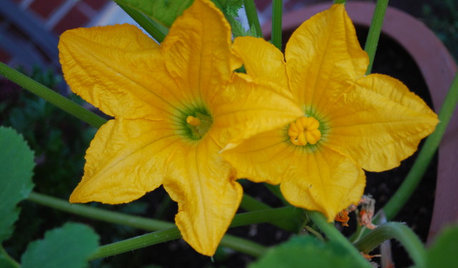
EDIBLE GARDENSSummer Crops: How to Grow Squash
Almost foolproof and with cheerful flowers, squash comes in a wide range of varieties to plant in spring
Full Story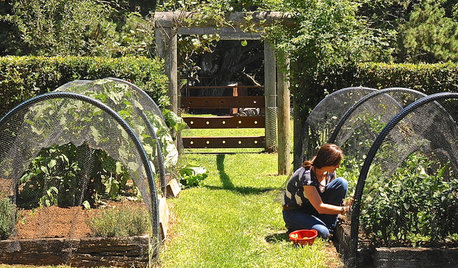
FARM YOUR YARDHouzz Call: Home Farmers, Show Us Your Edible Gardens
We want to see where your tomatoes, summer squashes and beautiful berries are growing this summer
Full Story
KITCHEN DESIGN12 Rustic Touches That Add Warmth to a Kitchen
Exposed beams, chandeliers, farm tables or just a key accessory or two can bring some coziness to the heart of your home
Full Story
GARDENING GUIDESOrganic Matters: Thwart Insect Pests With Trap Crops
Add a few sacrificial plants to your garden to lure insects away from the harvest
Full Story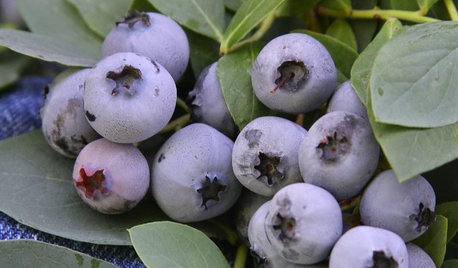
GARDENING GUIDES15 Favorites for Your Summer Edible Garden
Get your summer garden off to a good start with these popular fruits and vegetables
Full Story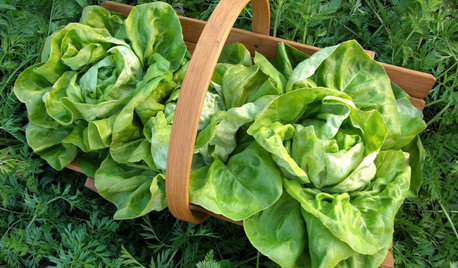
GARDENING GUIDES10 Easy Edibles for First-Time Gardeners
Focus on these beginner-friendly vegetables, herbs, beans and salad greens to start a home farm with little fuss
Full Story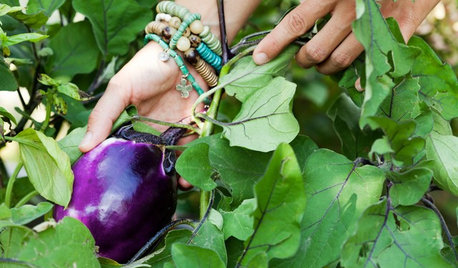
EDIBLE GARDENSHouzz Call: What Did You Grow This Summer?
Let’s celebrate the homegrown fruits and vegetables of the season. Post your pictures and tell us about your harvest
Full Story
EDIBLE GARDENSHow to Grow Your Own Sweet Summer Crops
This guide will help any gardener get started on growing the freshest warm-season veggies and berries for summer
Full Story
FARM YOUR YARDAdvice on Canyon Farming From L.A.'s Vegetable Whisperer
See how a screened garden house and raised beds help an edible garden in a Los Angeles canyon thrive
Full Story
GARDENING AND LANDSCAPINGWorld of Design: 10 Home Gardeners Show Us Their Sweet Summer Harvests
From New York to Tokyo, these gardeners have turned their yards, terraces and rooftops into places of bounty
Full StoryMore Discussions






gjcore
ltilton
Related Professionals
Benbrook Landscape Architects & Landscape Designers · Birmingham Landscape Architects & Landscape Designers · North New Hyde Park Landscape Architects & Landscape Designers · Anderson Landscape Contractors · Allentown Landscape Contractors · Bellefontaine Neighbors Landscape Contractors · Bristol Landscape Contractors · Brownsville Landscape Contractors · Byram Landscape Contractors · Chesapeake Ranch Estates Landscape Contractors · Fort Hunt Landscape Contractors · Maywood Landscape Contractors · Nutley Landscape Contractors · Watertown Landscape Contractors · Greenfield Landscape Contractorssunnibel7 Md 7
daninthedirt (USDA 9a, HZ9, CentTX, Sunset z30, Cfa)
AiliDeSpainOriginal Author
planatus
sunnibel7 Md 7
ltilton
daninthedirt (USDA 9a, HZ9, CentTX, Sunset z30, Cfa)
AiliDeSpainOriginal Author
laceyvail 6A, WV